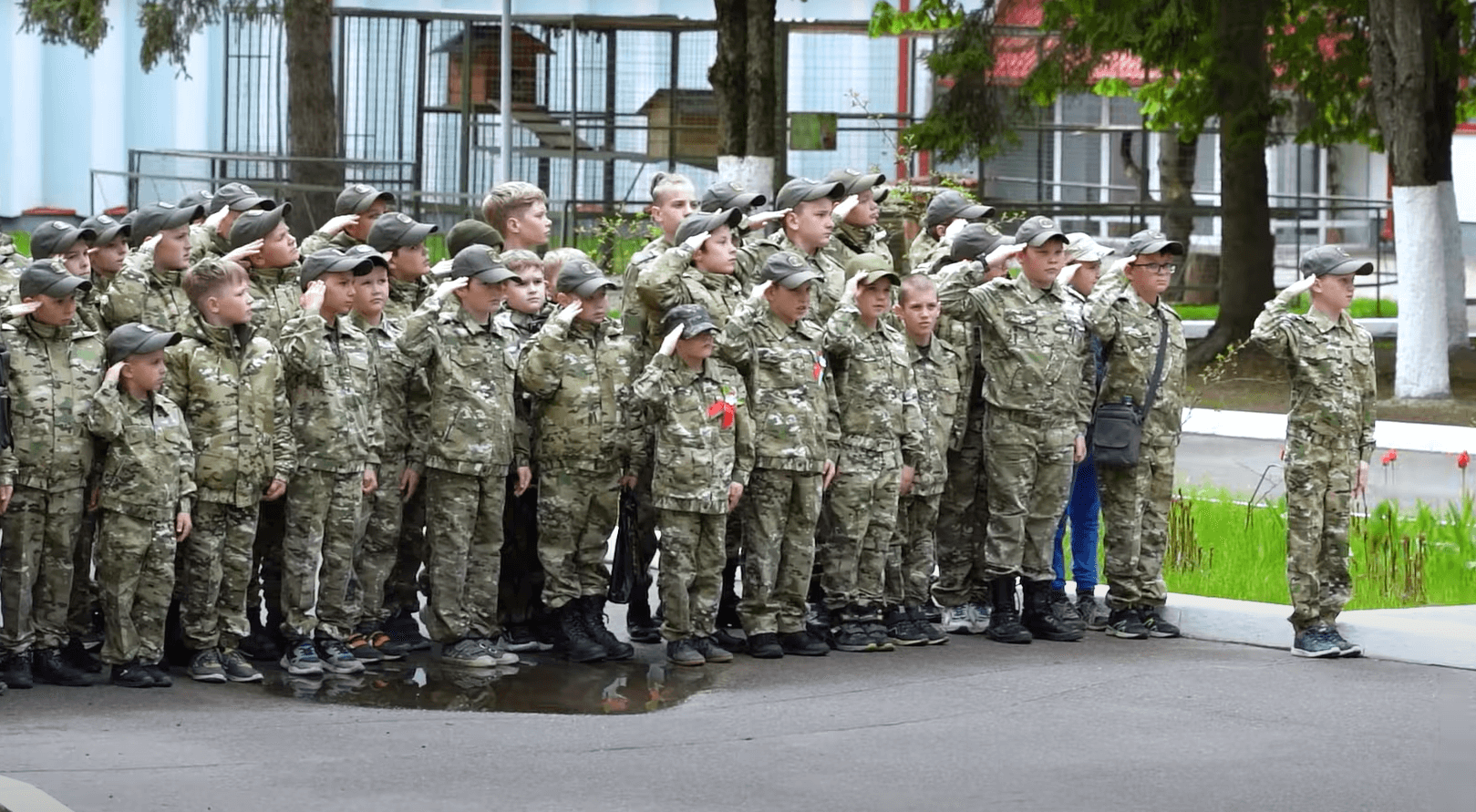
Staff shortages, isolation, lower enrollment are some of the consequences of political purges.
Staff shortages
Hundreds or teachers and academics have fled Belarus in the last three years for fear of political persecution. Hundreds of teachers and academics have resigned for political reasons. It is impossible to assess the damage accurately, but the scale of political purges is impressive.
The total number of teachers fell by 6.3 percent (at least 7,000) to 105,100 at the start of the 2022-23 academic year from 111,400 reported by the National Statistics Committee in 2020.
Meanwhile, the number of students per school rose to 1,085.6 in 2022-23 from 1,058.3 in 2021-22.
Vocational schools and universities are better staffed, but still experience chronic shortages. Instructor vacancies at vocational schools and universities rose to 447 on August 29 from 361 at the start of the 2021-22 academic year, according to the National Bank of Vacancies.
All types of schools advertised nearly 4,000 vacancies at the platform on August 29.
Private schools closed
In 2022, the education ministry closed down 27 of 30 private schools. It licensed two more private schools this year.
The country has five private schools that account for 0.17 percent of the total number of general secondary education establishments. The private schools provide instruction for about 1,000 students.
Fewer students
The total number of students receiving instruction fell by 6,500 at vocational and specialized secondary schools and by as many as 32,900 at universities in 2022-23 from the numbers reported in 2019-20 as more secondary school graduates look for opportunities abroad.
Although more students have graduated from secondary schools, university enrollment fell from 60,000 in 2019-20 to 54,300 in 2022-23, while master program enrollment decreased from 6,300 to 5,600.
Before the Russian full-scale invasion of Ukraine, more Belarusians sought admission to universities in Western countries, but after February 2022 more Belarusians have been admitted to Russian schools.
Isolation
Belarus’ education system has isolated itself from European education establishments and international programs of financial assistance.
Belarus has lost the following:
- The government has expelled nearly all European education establishments and offices, including Goethe Institute and the German Academic Exchange Service
- Belarus has been expelled from the Program for International Student Assessment (PISA) of the Organization for Economic Cooperation and Development
- Belarus has been expelled from WorldSkills International and WorldSkills Belarus, international charities that organize world and national championships for vocational skills
- The Bologna Follow-up Group has suspended Belarus’ membership of the European Higher Education Area
- International organizations have suspended programs of financial support for education reforms in Belarus, including the World Bank’s $109-million higher education upgrade project for 2020-25
Russia has seized the opportunity to increase financial, technical and infrastructure support and harmonize the two countries’ education systems. It has encouraged Belarusian academics to move to Russia and expanded enrollment programs for Belarusians.
The Russian federal government pays tuition for 1,300 Belarusian students in 2023, said Yury Makushin, head of the Belarusian office of the Federal Agency for the Commonwealth of Independent States Affairs, Compatriots Living Abroad, and International Humanitarian Cooperation. In 2019, it paid for 73 Belarusian students.
Additional 1,000 Belarusian students are enrolled in Russian universities every year for tuition-based programs.
In all, more than 12,500 Belarusians were trained at Russian universities in March 2023, said Yelena Gorozhankina, of the Russian education ministry.
Belarus’ education system has become more dependent on Russia. After the country was expelled from PISA, Russian officials suggested that Belarusian students be assessed using Russian tests in 2023-24.
Russia has provided nearly $100 million for a project, launched in September 2022, to train computer and robotic engineers in Belarus.
The Belarusian education ministry introduced a new standardized test for secondary schools in 2023, which is a copy of Russia’s standardized examination.
Rigidity helps against radicalism
The continuing political reprisals are likely to exacerbate the negative trends. The education ministry will continue to fire teachers and academics for their political views and step up indoctrination at schools.
However, the education system’s rigidity and conservatism may slow down radical reforms.
Still, Belarus pays a heavy price for the purges, which have brought about stagnation and slowed down innovation.
The education system, at best, may become a social vault of knowledge and skills that will help people survive and keep their human appearance for the future.